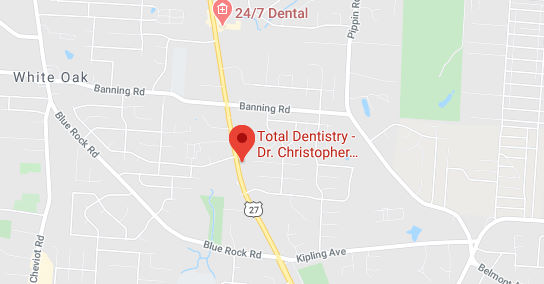Thank you for choosing us for your orthodontic care. As you begin your braces journey, please follow the guidelines below to ensure your treatment goes smoothly and comfortably.
What to Expect After Getting Braces
It’s normal to experience some discomfort during the first 1–2 weeks after braces are placed. Everyone adjusts at their own pace.
- Your teeth and lips may feel sore or tender.
- You may notice some irritation from brackets or wires rubbing against your cheeks or lips.
- Increased saliva or slight difficulty speaking or eating at first is normal.
Be patient — your mouth will adapt!
Managing Discomfort
To relieve pain or irritation during the adjustment period:
- Use orthodontic wax on brackets or wires that are causing irritation. Pinch off a small piece, roll it into a ball, and press it onto the sharp area. Reapply as needed.
- Use over the counter pain medication. We recommend taking two tablets of Ibuprofen (e.g., Motrin 200mg) with two tablets of Acetaminophen (e.g., Tylenol 500mg) together, unless you have a medical condition or allergy that prevents this.
- Warm saltwater rinses (1 tsp salt in 8 oz warm water) can soothe sore areas.
Eating With Braces: Foods to Avoid
To prevent broken brackets and protect your braces:
- Avoid anything harder than a pretzel. This includes:
- Hard crusts, nuts, bagels, popcorn kernels, raw vegetables, chicken wings
- Sticky or chewy foods like taffy, caramel, or gum
- Biting into whole fruits like apples or pears (cut them into pieces instead)
- Limit highly pigmented foods and drinks that can stain your braces:
- Examples: spaghetti sauce, coffee, tea, red wine, dark sodas, berries, curry
How to Care for Your Teeth with Braces
Keeping your teeth clean is essential for healthy movement and avoiding cavities:
- Brush 3 times a day for 2 minutes each time using a soft-bristled toothbrush or electric brush.
- Make sure you brush above the brackets along the gum line, as that is where most debris collects and causes problems.
- Floss daily using floss threaders, a water flosser, or orthodontic floss.
- Use an interdental brush to clean around brackets and under wires.
- Consider using a fluoride rinse at night to strengthen enamel.
Plaque slows down tooth movement and leads to white spots or decay. Clean teeth = better results and easier appointments!
What to Do If a Bracket Comes Off
Occasionally, a bracket may loosen or fall off. This usually happens from eating hard or sticky foods.
- If a bracket falls off completely, keep it and bring it to your next appointment.
- If it’s still attached to the wire but off the tooth, and not bothering you, leave it in place.
- If it’s causing discomfort, call our office at (513) 245-2200. We’ll schedule a repair.
When to Call Our Office
Please contact us if you experience any of the following:
- A bracket or wire is causing pain or poking the inside of your mouth
- A wire is loose or has come out of place
- Severe or prolonged discomfort
- Swelling or signs of infection
Additional Tips
- Avoid chewing on pens, pencils, or ice.
- Wear a mouthguard when playing sports to protect your braces and teeth.
- Bring orthodontic wax and a travel toothbrush with you when you’re on the go.
- Keep all appointments — regular visits are key to staying on track with treatment.
We’re Here to Help
Braces are an important step toward a healthy, beautiful smile — and we’re here to support you throughout the process. If you ever have questions or concerns, please don’t hesitate to call our office at 513-245-2200.

